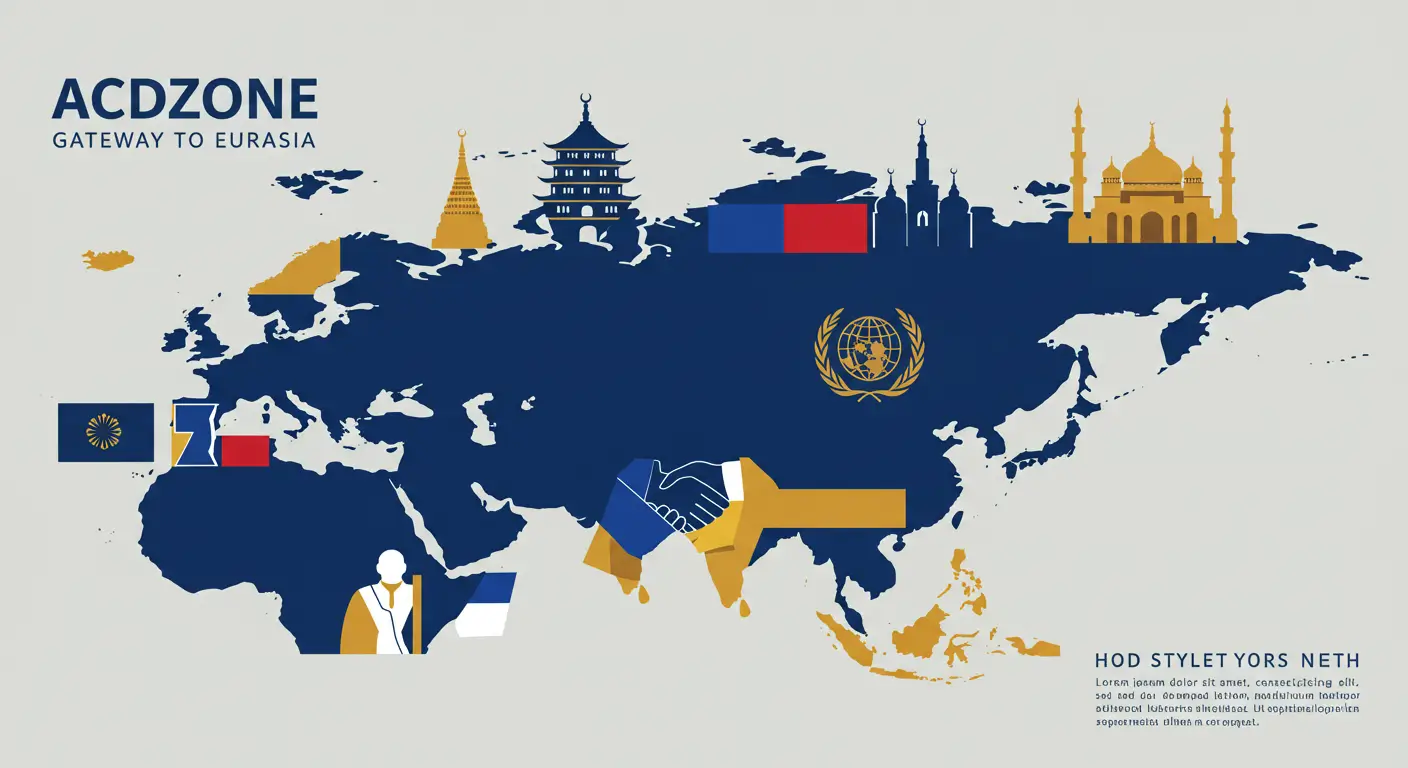Festivals and Celebrations in South Korea: A Reflection of Culture and History through Joy and Ritual
South Korea’s festivals and celebrations offer a vivid window into the depth of its history, culture, and beliefs. From ancient traditional ceremonies to contemporary and modern events, each festival is an opportunity for gathering, joy, and the preservation of national identity. These events not only strengthen bonds between generations but also present a lively image of South Korea’s dynamic and evolving culture to the world.
1. Chuseok (Korean Thanksgiving)
Chuseok is the most important traditional Korean festival, often compared to Thanksgiving in the West. Families reunite to honor their ancestors through rituals and share traditional foods like tteok (rice cakes) and songpyeon.
Image Prompt:
A traditional Korean family gathering outdoors during Chuseok, wearing hanbok, performing ancestral rites and sharing traditional foods like rice cakes, set in a rural village with autumn foliage.
2. Lotus Lantern Festival
This festival symbolizes light and enlightenment and celebrates the birth of Buddha. Seoul’s streets are adorned with colorful lanterns and artistic displays, and people participate in spirited ceremonies that blend religious devotion with cultural celebration.
Image Prompt:
Colorful lanterns illuminating Seoul’s streets at night during the Lotus Lantern Festival, with crowds of people carrying lanterns and traditional dancers performing.
3. Cherry Blossom Festival
As spring arrives, South Korea’s streets and parks bloom with pink cherry blossoms. People take to outdoor spaces to enjoy the natural beauty, take photos, and celebrate renewal and hope for the future.
Image Prompt:
Crowds enjoying cherry blossom trees in full bloom at a park in South Korea during spring, with families and friends taking photos and picnicking under pink petals.
4. Busan International Rock Festival
One of South Korea’s popular modern festivals, the Busan International Rock Festival attracts music lovers from across the country and abroad. It embodies youthfulness, freedom, and cultural creativity.
Image Prompt:
Energetic crowd at the Busan International Rock Festival enjoying live performances on stage, with vibrant lights and enthusiastic audience.
5. Jeju Fire Festival
The Jeju Fire Festival is a traditional event aimed at purification and driving away evil spirits. Participants light large bonfires and perform rituals to welcome a prosperous and fortunate year.
Image Prompt:
Large bonfires blazing during Jeju Fire Festival at night, with participants in traditional attire celebrating around the fire on the volcanic island of Jeju.
6. Seoul Street Culture Festival
Dedicated to urban culture and contemporary arts, this festival showcases street dance, graffiti, live performances, local markets, and street food. It reflects South Korea’s vibrant city life and cultural innovation.
Image Prompt:
Street performers dancing and painting graffiti at Seoul Street Culture Festival, with vibrant crowds enjoying live art and street food stalls.
Conclusion
South Korea’s festivals and celebrations mirror the country’s history, culture, and people’s lives. The fusion of traditional ceremonies and modern events reveals a lively and dynamic culture that connects generations and secures its place on the global stage.





No comment